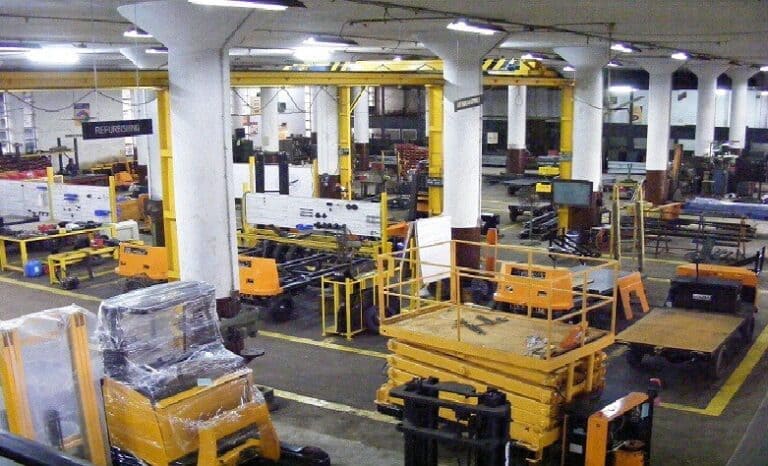- Home
- Our Products
- Manufacturing Outsourcing

Description
Manufacturing outsourcing involves contracting external companies to produce goods or components, allowing businesses to focus on core activities while leveraging specialized expertise and cost efficiencies. This strategy can help companies access advanced technologies, skilled labor, and production capabilities that may not be available in-house. By outsourcing manufacturing, businesses can benefit from reduced production costs, shorter time-to-market, and increased flexibility to scale operations based on demand. Outsourcing partners often provide comprehensive services, including raw material sourcing, production, quality control, and logistics, ensuring that products meet high standards of quality and compliance. This approach also mitigates risks associated with capital investment in manufacturing facilities and equipment, shifting financial responsibility to the outsourcing partner. Effective manufacturing outsourcing requires careful selection of partners, clear communication of specifications, and rigorous quality assurance processes to ensure that products meet the desired standards. By optimizing production through outsourcing, companies can enhance their competitiveness, improve operational efficiency, and better respond to market demands and opportunities.
FAQ
Manufacturing outsourcing involves contracting a third-party company to produce goods or components on behalf of another company. This practice allows businesses to leverage external expertise, reduce costs, and focus on their core competencies.
Key benefits include cost savings, access to specialized expertise, increased production capacity, reduced time-to-market, and the ability to scale operations up or down as needed. It also allows companies to focus on their core business functions.
Potential risks include quality control issues, communication challenges, intellectual property theft, reliance on third-party suppliers, and potential disruptions in the supply chain. It's essential to carefully select and manage outsourcing partners to mitigate these risks.
Consider factors such as the partner’s expertise and experience, production capabilities, quality control processes, reliability, and cost. It's also important to evaluate their reputation, references, and alignment with your company's values and standards.
A comprehensive contract should include terms related to product specifications, quality standards, pricing, delivery schedules, intellectual property rights, confidentiality, and dispute resolution. Clear agreements help ensure a successful outsourcing relationship.
Implement quality control measures such as regular inspections, audits, and testing of products. Establish clear quality standards and communication channels with the outsourcing partner to address any issues promptly.
Common models include contract manufacturing (where the partner produces goods based on your specifications), original equipment manufacturing (OEM), original design manufacturing (ODM), and private label manufacturing.
Outsourcing can potentially reduce lead times and improve production schedules by leveraging the partner’s existing facilities, expertise, and resources. However, effective communication and coordination are crucial to ensure timely delivery and avoid delays.
Cost factors include the production cost per unit, setup and tooling costs, transportation and logistics, quality control, and potential hidden costs such as tariffs or additional fees. It's important to conduct a thorough cost analysis before committing to outsourcing.
Establish clear communication channels, set regular meetings, and use project management tools to facilitate collaboration. Ensure that both parties have a mutual understanding of expectations, deadlines, and responsibilities to foster a successful partnership.

